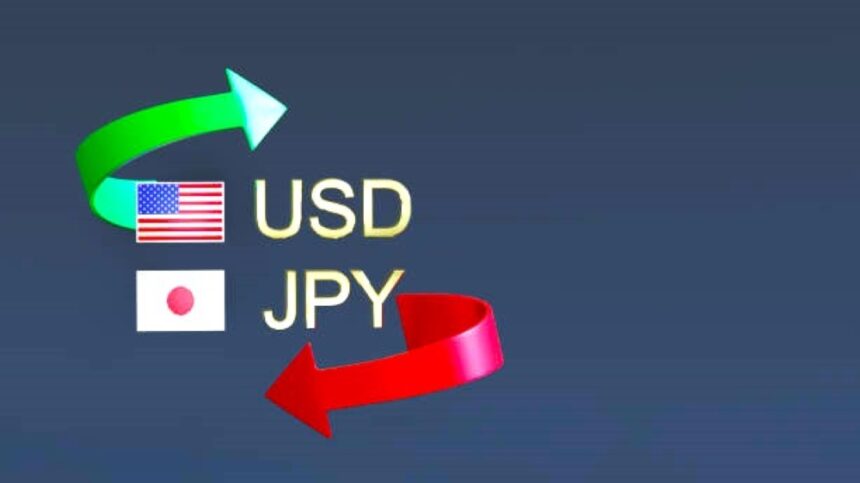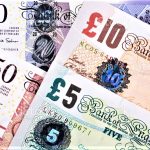Japanese yen is under pressure as traders expect the BoJ to postpone further rate hikes.
The Japanese yen (JPY) remains weak versus the US dollar (USD) after the Bank of Japan’s (BoJ) minutes from its July policy meeting were issue on Thursday. The JPY is under pressure as traders expect the Bank of Japan to pause before raising interest rates further.
The BoJ Meeting Minutes revealed an agreement among members about the need to be cautious against inflation threats.
The BoJ Monetary Policy Meeting Minutes reflected the members’ agreement on the significance of being watchful against the risks of inflation surpassing target levels. Several participants suggested that hiking rates to 0.25% would be an appropriate method to modify the level of monetary support. A few others indicated that a moderate change in monetary support would be suitable.
The US Dollar is under pressure from increased odds of additional interest rate cuts by the US Federal Reserve (Fed) at upcoming policy sessions. According to the CME FedWatch Tool, markets are pricing in a 50% possibility of the Fed deducting 75 basis points by the end of the year, bringing the range to 4.0-4.25%.
Traders are waiting for the second-quarter US GDP annualized report, which slated for Thursday.
Traders are now anticipating the publication of the final US Gross Domestic Product (GDP) Annualized for the second quarter (Q2), which slated for later today. Tokyo’s inflation numbers will be watch on Friday, as they may provide additional insight into the economic outlook and prospective monetary policy changes by the Bank of Japan.
Daily Market Movers: Japanese Yen depreciates due to expectations that the BoJ may defer rate rises.
Adriana Kugler, the Federal Reserve Governor, stated on Wednesday that she “strongly supported” the Fed’s decision to decrease interest rates by half a point last week. According to Bloomberg, Kugler also noted that if inflation continues to fall as projected, it will be acceptable to decrease rates further.
Federal Reserve Governor Michelle Bowman noted on Tuesday that key inflation indicators remain “uncomfortably above” the 2% objective, advising prudence as the Fed pushes forward with interest rate decreases. Regardless, she expressed Preference for a more traditional approach, suggesting a quarter percentage point reduction.
The US Consumer Confidence Index dropped to 98.7 in September from a revised 105.6 in August. This result represents the largest drop since August 2021.
On Tuesday, BoJ Governor Kazuo Ueda stated that the central bank has time to assess market and economic conditions before making any policy changes, implying that there is no need to hike interest rates further. Ueda also mentioned that Japan’s real interest rate remains substantially negative, which is stimulating the economy and driving up prices.
Fed President Neel Kashkari stated on Monday that he believes there should and will be significant interest rate reduction in 2024.
Minneapolis Fed President Neel Kashkari stated on Monday that he believes there should and will be significant interest rate reduction in 2024. However, Kashkari anticipates future cuts to be modest. compared to the one from the September meeting, according to Reuters.
According to Chicago Fed President Austan Goolsbee, “many more rate cuts are likely needed over the next year, rates need to come down significantly.” Furthermore, Atlanta Fed President Raphael Bostic stated that the US economy is close to normal rates of inflation and unemployment, and that the central bank requires monetary policy to “normalize” as well, according to Reuters.
In an interview with NHK on Monday, Japan’s new “top currency diplomat,” Atsushi Mimura, claim that the previous Yen carry transactions most certainly unwound. Mimura warned that if such trades resume, it might lead to more market instability. “We are always monitoring the markets to ensure that does not happen,” she said.









